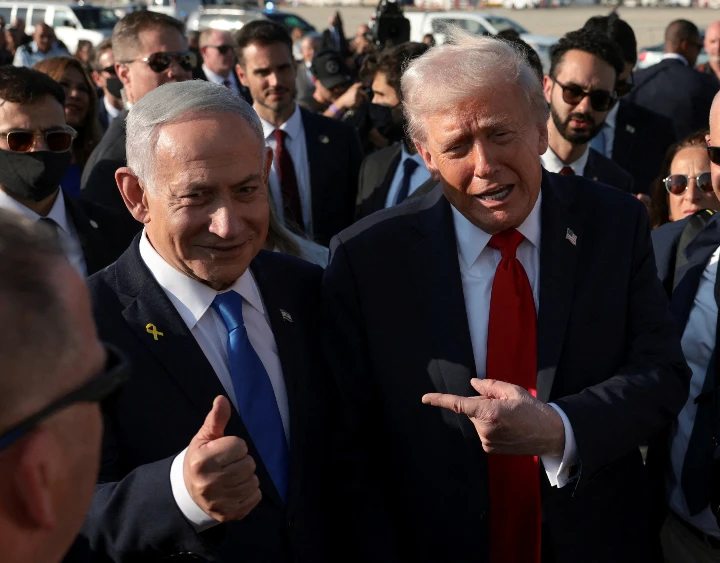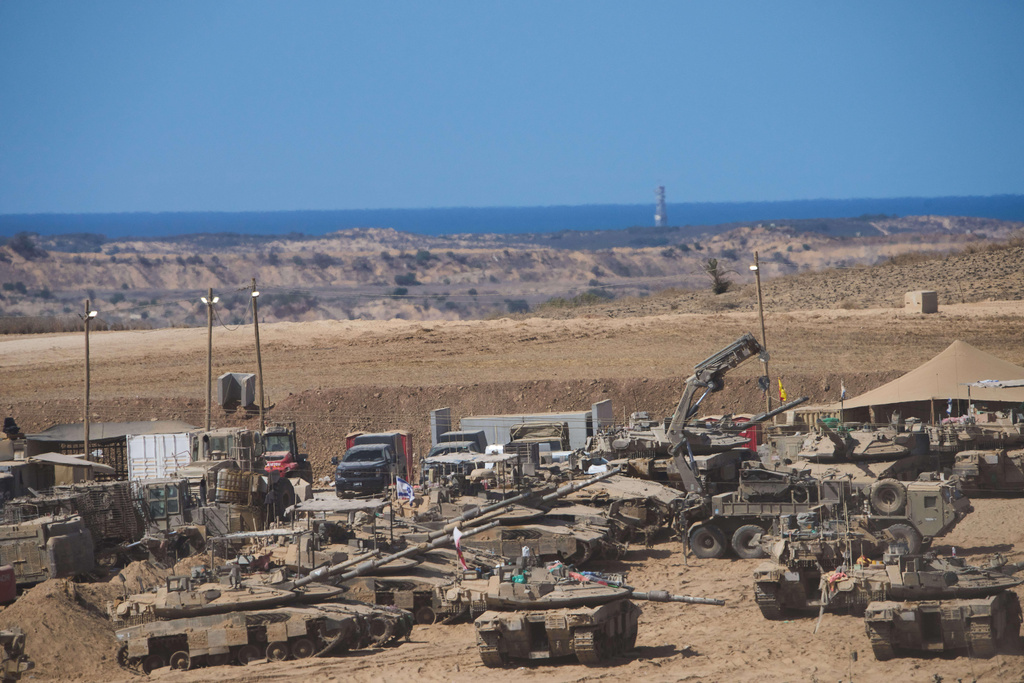WASHINGTON DC/JERUSALEM: US President Donald Trump on Tuesday said that Hamas must lay down its arms and turn in its weapons.
"If they don't disarm, we will disarm them," Trump told reporters at the White House a day after visiting the Middle East to celebrate the Gaza ceasefire. "And it will happen quickly and perhaps violently."
He said those who agree to "decommission their weapons" will be given amnesty.
Israeli Prime Minister Benjamin Netanyahu has maintained the war cannot end until Hamas surrenders its weapons and cedes control of Gaza, a demand the fighters have rejected.
"First, Hamas has to give up its arms, and second, you want to make sure that there are no weapons factories inside Gaza. There's no smuggling of weapons into Gaza. That's demilitarization," he said in an interview with CBS News.
Meanwhile, Hamas is reported to be fighting what it calls Israel-supported "outlaws." In the north of the territory, as Israeli forces withdrew from Gaza City, black-masked armed men have resumed street patrols.
A Hamas security unit has been conducting operations against armed clans and gangs.
"Intense clashes broke out -- and are still ongoing at the moment -- as part of efforts to eliminate collaborators," said witness Yahya, who asked not to be named in full for fear of retribution.
Reassuring presence
Hamas has, since it crushed rival Fatah in armed clashes in 2007, been the dominant Palestinian faction in Gaza.
For many Palestinians rebuilding their homes and lives amid Gaza's rubble, the sight of the militants was reassuring.
"After the war ended and the police spread out in the streets, we started to feel safe," said 34-year-old Abu Fadi Al-Banna in Deir al-Balah, central Gaza.
Hamdiya Shammiya, 40, who was driven from her home in northern Gaza by the fighting to seek shelter in the southern city of Khan Yunis, agreed.
"Thank God the war is finally over. We've started to breathe a little," she said.
While Palestinians sought stability, Israeli families stepped up pressure for the return of the remains of deceased hostages still held in Gaza.
Israel to reopen Gaza's Rafah crossing
Meanwhile, Israel said it will allow Gaza's key Rafah crossing to reopen on Wednesday for humanitarian aid to reach the Palestinian territory, AFP reported.
"Six hundred trucks of humanitarian aid will be dispatched (Wednesday) to the Gaza Strip by the UN, approved international organizations, the private sector and donor countries," Israeli public broadcaster KAN said on its website without citing sources.
The Israeli public broadcaster said the reopening of the southern Rafah crossing, decided by the "political echelon", follows Hamas handing over the remains of four more hostages late Tuesday, under the ceasefire deal for the Palestinian territory.
Prominent Gaza hospital chief remains in Israeli prison
In another development, more than 100 medical personnel seized during raids on hospitals remain in Israeli prisons, including Dr Hossam Abu Safiya, a hospital director who became the face of the struggle to keep treating patients under Israeli siege and bombardment, the Associated Press reported on Wednesday.
Despite widespread calls for his release, Abu Safiya was not among the Palestinian detainees and prisoners freed Monday in exchange for 20 hostages held by Hamas.
Abu Safiya, director of Kamal Adwan Hospital in northern Gaza, has been imprisoned without charge by Israel for nearly 10 months.
It was not known if Abu Safiya, 52, might still be released. Israeli officials did not immediately respond to requests for comment. His family said on social media there were “no confirmed details about the date of his release,” adding that freed detainees described him as “in good health and strong spirits.” The Israeli military said Abu Safiya was being investigated on suspicion of cooperating with or working for Hamas.
Health Workers Watch, which documents detentions from Gaza, said at least 115 medical workers remain in custody, as well as the remains of four who died while in Israeli prisons, where rights groups and witnesses have reported frequent abuse.
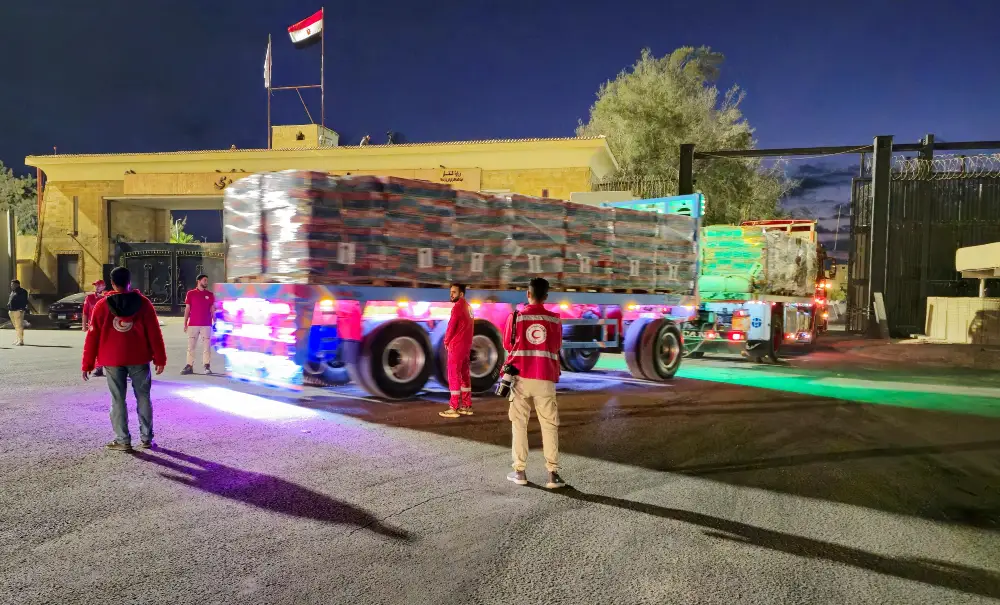
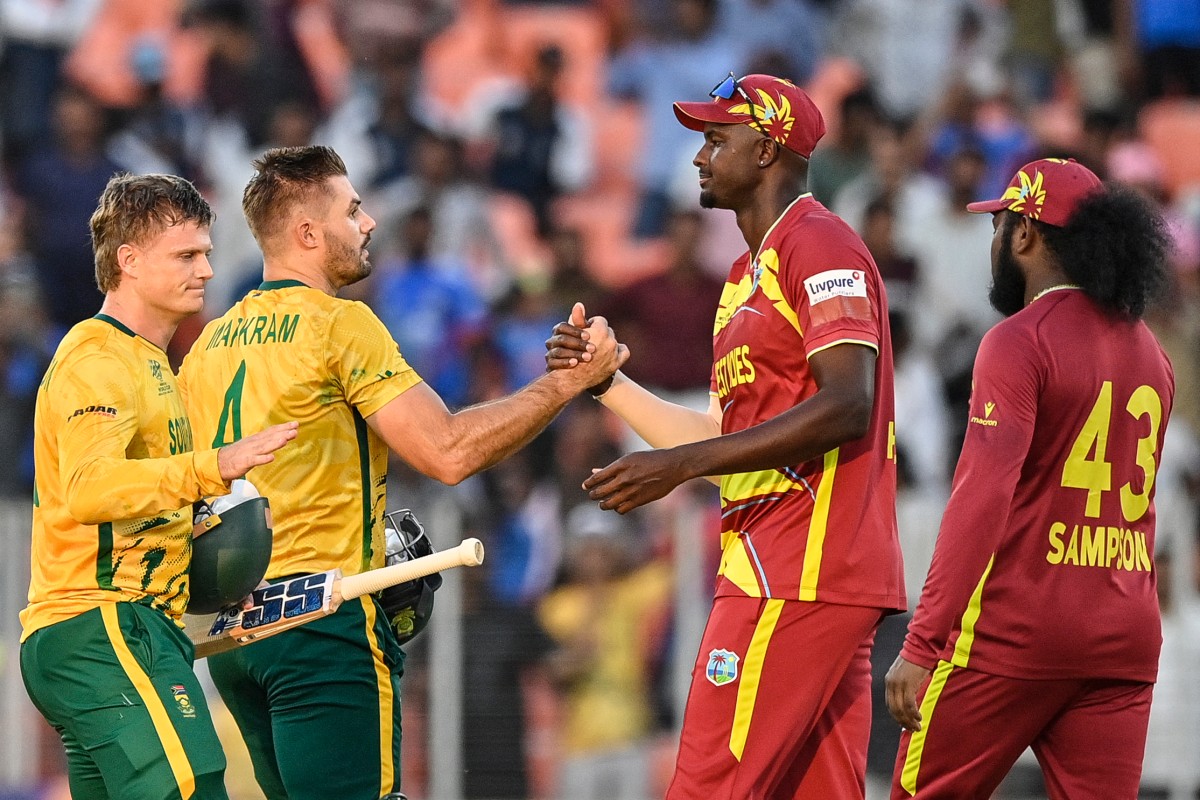
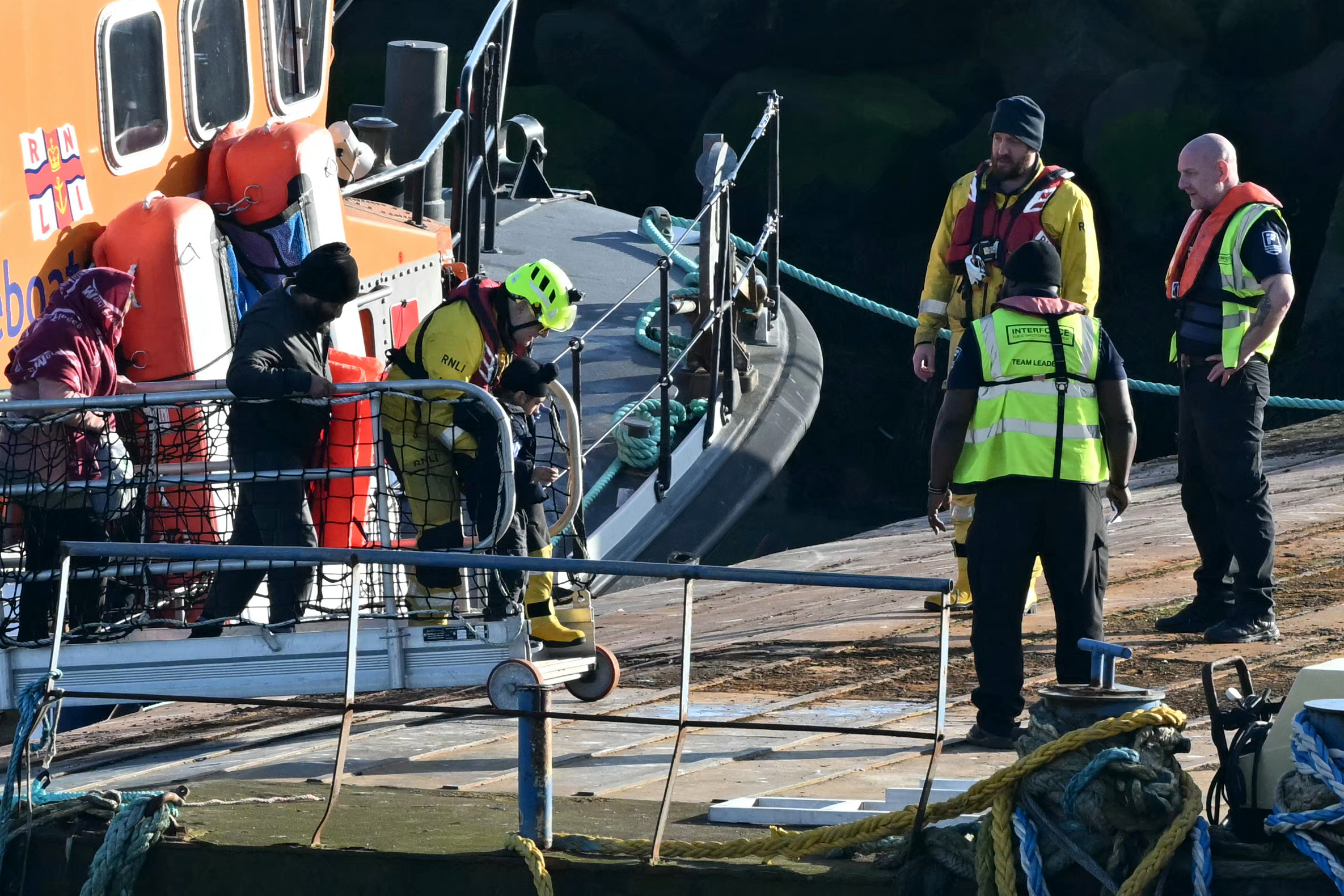
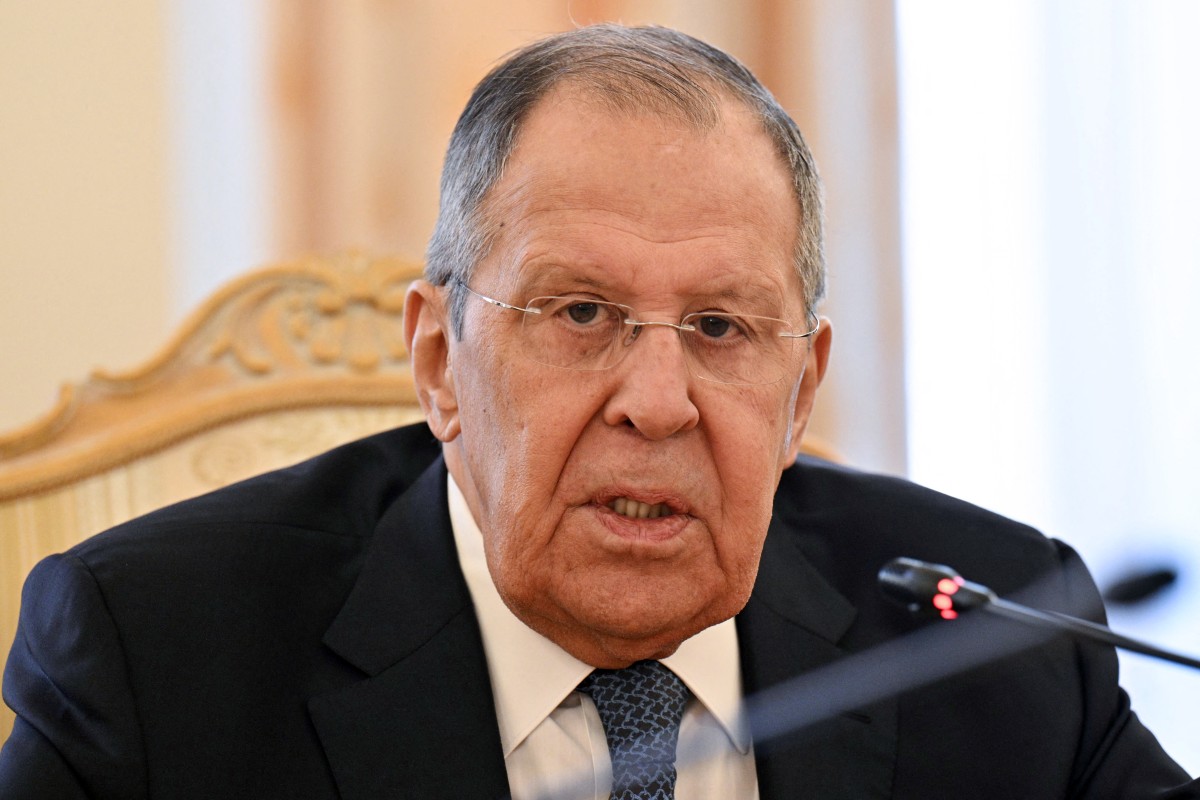

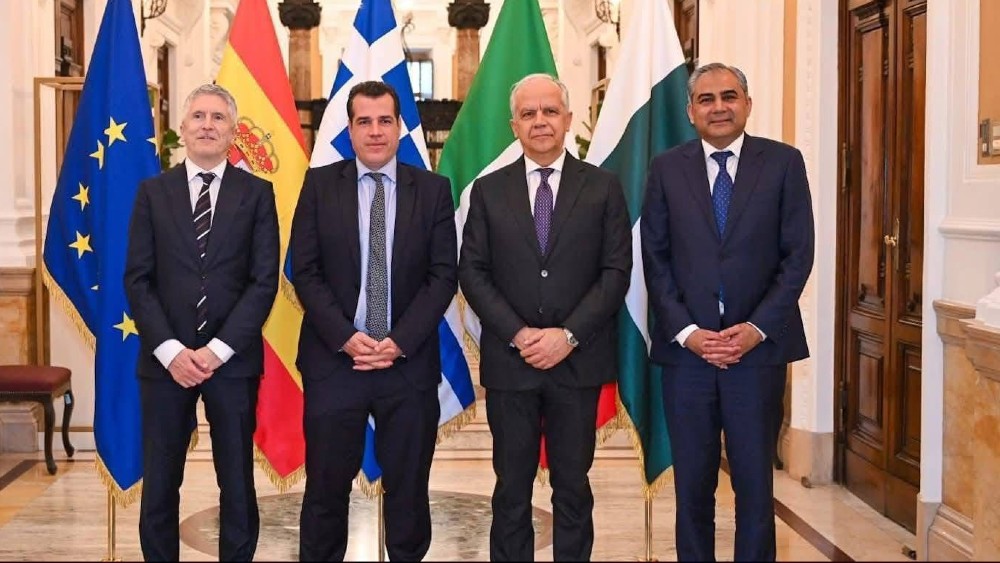

.jpg)
